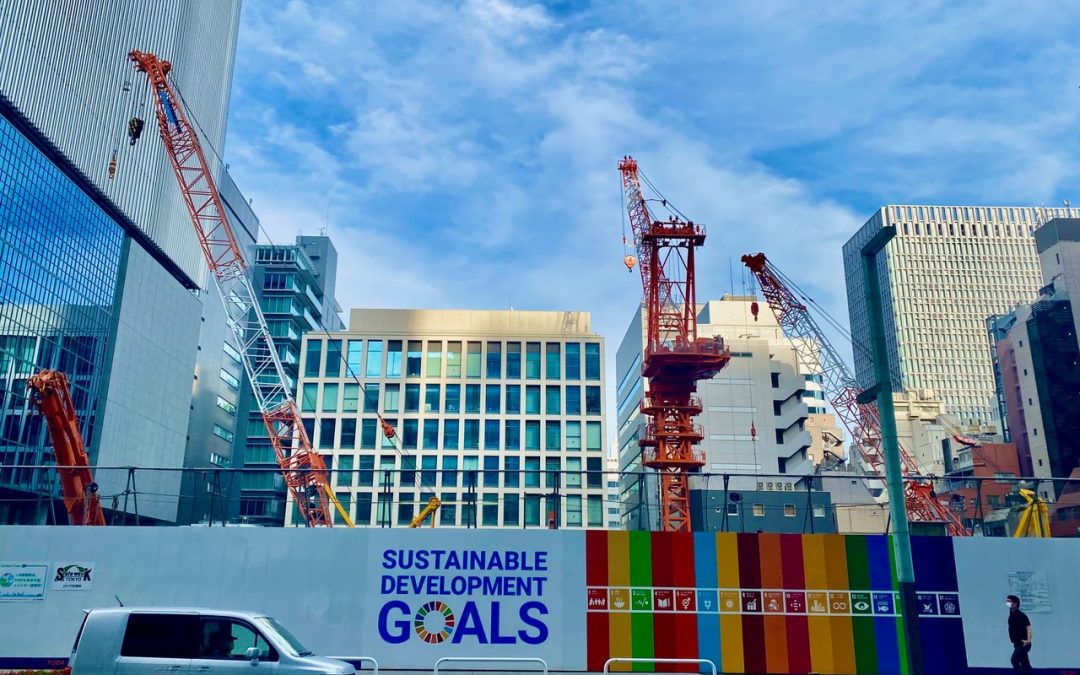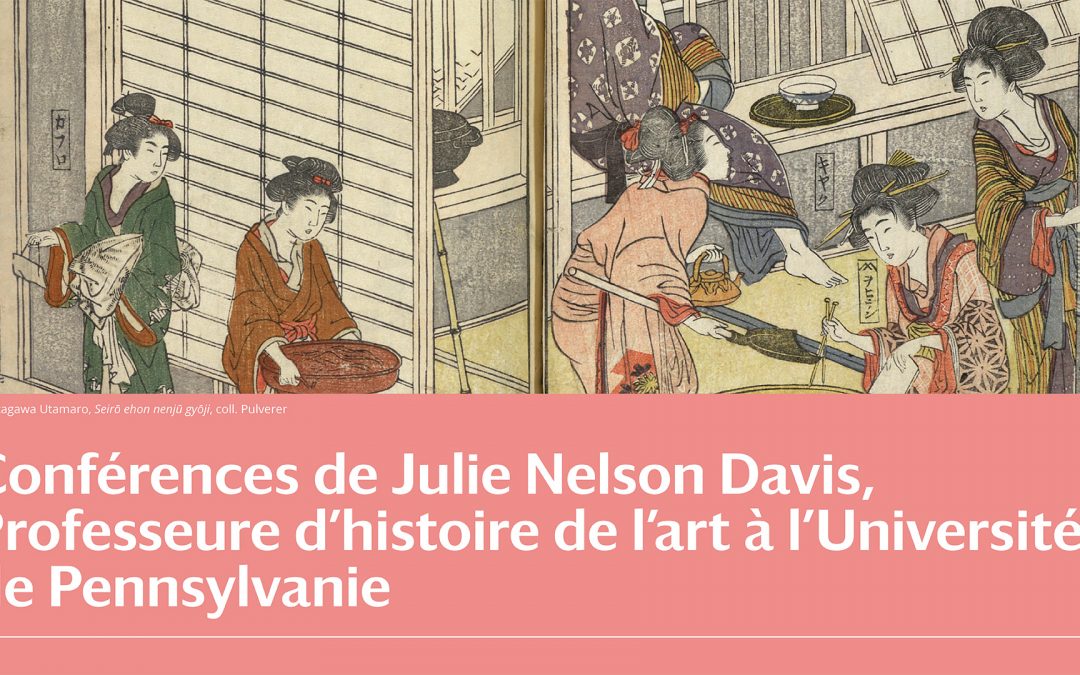Graduate school
La Graduate School East Asian Studies dote les étudiant·es d’une double expertise : un excellent niveau dans une langue orientale (Chinois, Coréen, Japonais ou Vietnamien) et dans les sciences humaines et sociales.

Soirée d’intégration de la Graduate School (pour tous les étudiants de Master 1 & 2 de l’UFR)
Jeudi 12 septembre 2024, 16h30-19h, salle des conseils (Grands Moulins, 5 rue Thomas Mann, 75013, Aile A, 5e étage).
Au programme de la soirée : présentation de la Graduate School, de ses activités, de ses étudiants internationaux, remise du prix Jacqueline Pigeot du meilleur mémoire de master, conférence internationale sur l’alimentation en Asie orientale par la Professeur Xinyuan ZHANG (Yokohama National University), cocktail.
Présentation
La Graduate School East Asian Studies forme des étudiant·es internationaux de haut niveau. Au terme de leur formation de deux ou trois ans (dans le cas d’un long séjour à l’étranger), ils ont une excellente maîtrise d’une langue orientale (Chinois, Coréen, Japonais ou Vietnamien), et sont familiarisés avec les derniers développements de la recherche en sciences humaines et sociales dans leur domaine de spécialisation.
Les enseignements sont dispensés à la fois en langue française, en langue anglaise et en langues orientale. Par ailleurs, la formation suppose des séjours dans le pays de spécialité.
Conférences 2024-2025
En 2024-25, l’École Universitaire de Recherche en études sur l’Asie orientale proposera une série de conférences données par des professeurs invités étrangers.
Responsables du programme
Ken DAIMARU
ken.daimaru@u-paris.fr
Gilles GUIHEUX
gilles.guiheux@u-paris.fr
Date et heure
Un jeudi par mois, de 17h00 à 18h30
Lieu
Salle Léon Vandermeersch (481C, 4e étage aile C, 5 rue Thomas Mann, 75013, Paris)
Séminaires de sciences sociales donnés en anglais
Dans le cadre de la mise en place du Programme Paris Graduate School of East Asian Studies, les séminaires suivants sont donnés intégralement ou partiellement en langue anglaise :
Sociologie de la Chine (Gilles GUIHEUX)
Political Trajectories in China and Taiwan (Sébastien BILLIOUD)
Méthodologie aréale coréenne (Justine GUICHARD)
Sociologie des minorités (Anne-Lise MITHOUT)
Littérature et culture populaire du Japon d’après-guerre (Thomas GARCIN)
Histoire et sociologie des croyances et des savoirs (Ken DAIMARU)
Le Vietnam contemporain par les textes des sciences sociales (Marie GIBERT-FLUTRE)
Publications et carrières en études asiatiques
Publications et carrières en études asiatiques en France
Jeudi 21 novembre 2024, 16h-19h, salle 481C (UFR LCAO)
Intervenants :
Publications et carrières en études asiatiques dans le monde anglophone
Jeudi 6 février 2025, 16h-19h, salle 481C (UFR LCAO)
Intervenants :
After Work Seminar
Jeudi 28 novembre 2024, 17h30-19h, salle 481C (UFR LCAO),
Jeudi 13 mars 2025, de 17h30 à 19h, salle 481C (UFR LCAO),
Prix Jacqueline Pigeot du meilleur mémoire de master sur l’Asie orientale
La Paris Graduate School of East Asian Studies d’Université Paris Cité décerne une fois par an depuis 2023 un prix destiné à récompenser un mémoire de master 2 portant sur l’Asie orientale, soutenu au sein de l’une des 4 sections de l’UFR LCAO, dans toute discipline des sciences humaines et sociales.
Research and Travel Scholarship
SMARTS-UP international scholarships for Master students
2024-2025 – 3 boursiers
GUO Yuezhou, M2 LLCER Etudes chinoises
MENENDEZ VAZQUEZ Raquel, M1 LLCER Etudes chinoises
TOSSOUUJIJEDE Véronique Yadaho Amour Audé, M1 LLCER Etudes chinoises2023-2024 – 2 boursiers
ROTA Veronica, italienne, M2 LLCER études vietnamiennes
GRIGOREVA Nadezhda, russe, M2 LLCER études chinoises2022-2023 – 5 boursiers
BARRIENTOS BERROCAL Alba, espagnole, M2 LLCER études chinoises
GRIGOREVA Nadezhda, russe, M1 LLCER études chinoises
ORAZZO Alessia, italienne, M2 LLCER études chinoises
ROTA Veronica, italienne, M1 LLCER études vietnamiennes
SENGUN Berfu, turque M2 LLCER études japonaises2021-2022 – 2 boursiers
BARRIENTOS BERROCAL Alba, espagnole, M1 LLCER études chinoises
SENGUN Berfu, turque, M1 LLCER études japonaises
À lire aussi

Conférence sur le bouddhisme coréen
À l'occasion de son passage à Paris, Mme LEE Seunghye, conservatrice du musée des Arts LEEUM 리움미술관 de Séoul, donnera une conférence sur le bouddhisme coréen intitulée : "Refiguring Korean Buddhist Women: Three Historical Moments". L'événement est...

Cycle de conférences : Current Research on East Asia
As part of the Université Paris Cité’s commitment to global engagement, creativity and critical knowledge and research, the Paris Graduate School of East Asian Studies is organizing a series of lectures by international scholars for the 2024-2025 academic year. The...

Cycle de conférences « Axe travail » Populations Japonaises
Prochaine conférence : Jun LIU (Université Paris Cité), L’emploi des jeunes en Chine : la crise et l’espoir - Vendredi 5 avril 2024 - Voir l'affiche Le groupe de recherche Populations Japonaises organise un cycle de conférences sur le thème "Axe travail"....

Conférences de Julie Nelson Davis, Professeure d’histoire de l’art à l’Université de Pennsylvanie
Julie Nelson Davis, Professeure d’histoire de l’art à l’Université de Pennsylvanie, donnera deux conférences, les 5 et 8 mars prochains. Representing the Yoshiwara in Print: An Utamaro Case Study in the Era after #metooMardi 5 mars...
